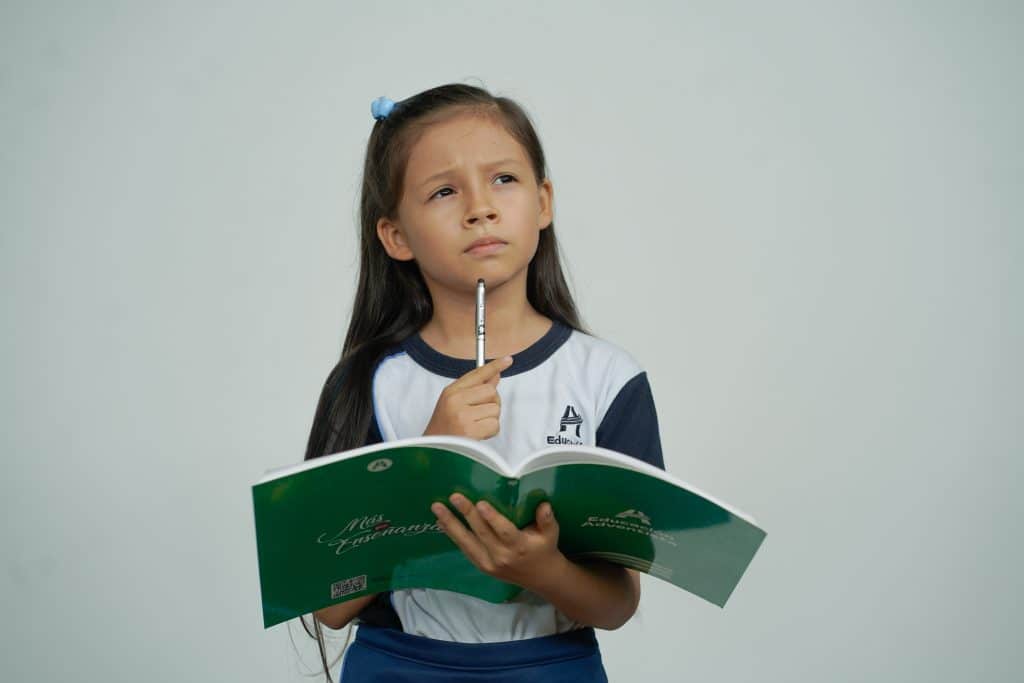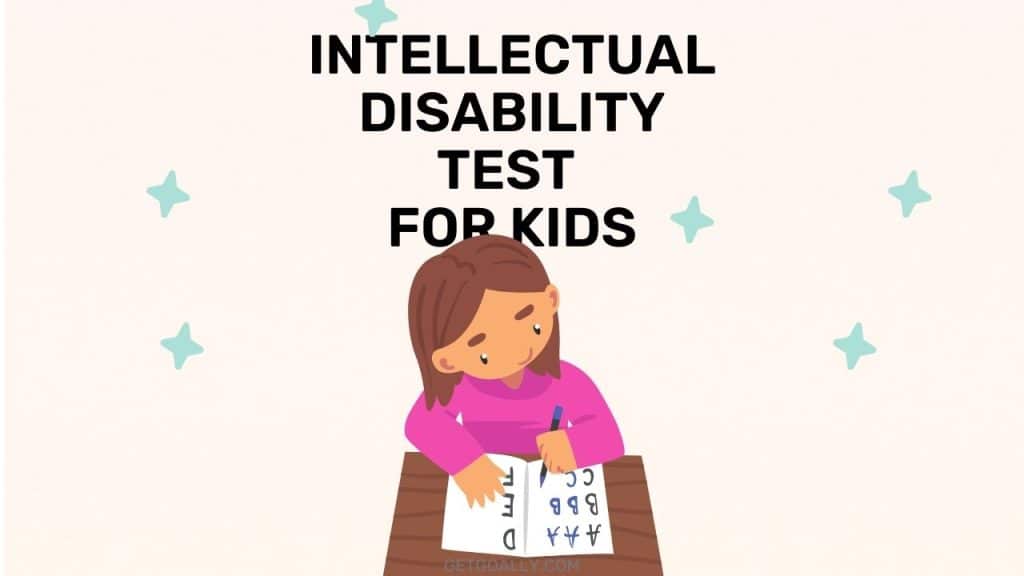When it comes to raising a child, challenges and questions are part of the package – are they on track? Are there developmental areas they need help with? If you’re wondering about your child’s cognitive abilities, you’re not alone. This blog post is here to offer insights into the concept of intellectual disability, and we’ve even included a Goally intellectual disability test to help guide you further down the line. We’re all about equipping you with the knowledge you need to support and understand your child better.
Table of Contents
Understanding Intellectual Disability
Firstly, let’s clarify what intellectual disability is. It’s a term used when a person has certain limitations in mental functioning and skills such as communicating, taking care of themselves, and social skills. These limitations cause a child to learn and develop more slowly than a typical child.
Read more: Intellectual Development in Kids
Recognizing the Signs of Intellectual Disabilities
Intellectual disabilities manifest differently in every kid. While these signs might not necessarily indicate an intellectual disability, they should lead to deeper exploration and thus, taking proactive steps, with an intellectual disability test, for instance.
- Delays in hitting developmental milestones
- Struggles with problem-solving or logical conclusions
- Difficulties in understanding social rules and interactions
- Issues with linguistic development, both receptive and expressive
The Many Faces of Intellectual Disability
Above all, it’s crucial to know intellectual disability is not one-size-fits-all. It’s a spectrum and can vary greatly. Let’s break this down into some general categories:
- Mild Intellectual Disability: Kids can generally learn practical skills and function socially with minor support.
- Moderate Intellectual Disability: Children may need a moderate level of support in learning practical skills and social functioning.
- Severe Intellectual Disability: Kids with this type generally require considerable support for both practical skills and social functioning.
- Profound Intellectual Disability: Kids in this category need extensive support in all aspects, including practical and social skills.

Identifying Intellectual Disability
For example, some common signs could be delays in reaching developmental milestones, difficulties with problem-solving skills, or struggles with social norms. However, only a professional can conclusively perform an intellectual disability test.
The Goally Intellectual Disability Test
Understanding is the first step to advocacy. Goally’s intellectual disability test helps demystify intellectual disability, highlighting areas your child might need support. The test is user-friendly and straightforward and can help you identify if your child has intellectual disability symptoms.
Remember, however, that this should not replace an actual medical diagnosis.
How is Intellectual Disability Diagnosed?
For instance, a medical professional might run a series of tests to assess a child’s intellectual functioning and adaptive behavior. Simultaneously, these tests consider the child’s age and cultural background to ensure accuracy. Meanwhile, they might also assess the child’s social adjustment, behavioral development, and school performance.
Supporting Children with Intellectual Disability
Supporting a child with an intellectual disability can be a journey. Here are some strategies that can help:
- Early Intervention: This involves measures taken to support the child’s development as early as possible.
- Special Education: Schools offer special education services to meet the individual needs of students with disabilities.
- Therapy: Speech, physical, and occupational therapy can help improve a child’s abilities.
- Medication: In some cases, medication may be used to manage some symptoms or health problems related to the disability.
- Parent Training: This can help you learn more about your child’s condition and how to manage it.
Read more: Raising a Child With Mild Intellectual Disability
Goally | 100+ Streaming Video Classes
Does your child need some extra guidance on building essential life skills? Goally’s skill building tablet for kids includes a TV app that has the most robust video library of skills training videos for kids. Ranging from content like “How to Brush Your Teeth” to “How to Make Friends at School,” we have dozens of interactive video lessons for kids with thinking and learning differences.

HERE’s a video explaining how to works.
Having a child with an intellectual disability may be challenging, but it’s far from a tragedy. Above all, neurodivergent kids can lead fulfilling, happy lives with the right support and tools. Raising a child with an intellectual disability may require learning a new normal. But remember, there’s plenty of support available, and you’re certainly not alone.

Hennah is an experienced writer and researcher, helping children with autism, ADHD, and other neurodivergent conditions. As a blog contributor for Goally, she combines her deep understanding of neurodiversity with practical advice, offering valuable insights to parents and educators.






